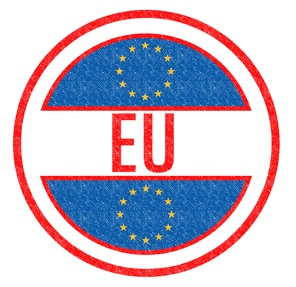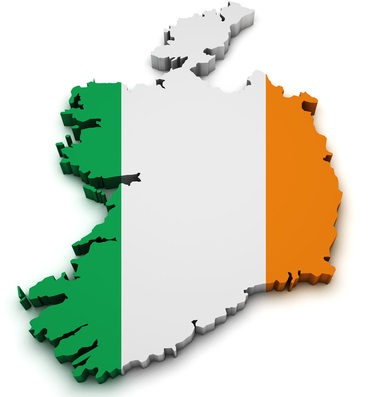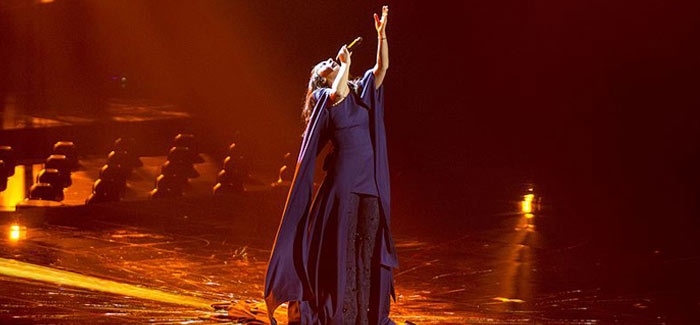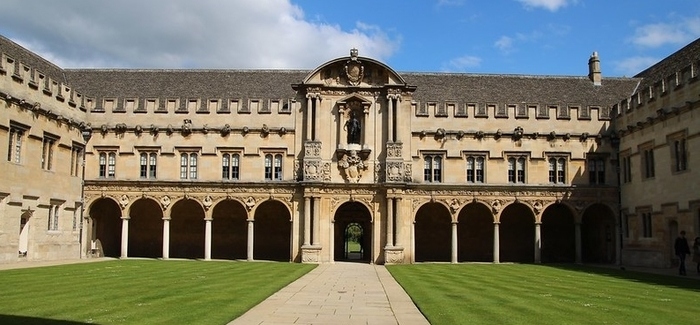Do you need a student visa for Ireland?
 If you are a citizen of the EU or EEA (including Iceland, Norway and Liechtenstein) you do not need a student visa for Ireland in order to study in Ireland. There are a number of other countries that do not require Irish student visas or entry visas and these are listed here.
If you are a citizen of the EU or EEA (including Iceland, Norway and Liechtenstein) you do not need a student visa for Ireland in order to study in Ireland. There are a number of other countries that do not require Irish student visas or entry visas and these are listed here.
Regardless of whether or not you require a student visa for Ireland, if you are a student from a non-EEA country you must report to an immigration officer upon entry into Ireland to be granted permission to enter. You must do this within the district you intend to live; for example, the Garda National Immigration Bureau if studying in Dublin.
If you are not from the EU, EEA or one of the countries listed as exempt from entry visas, then you will need to apply for an Irish student visa in order to study in Ireland.
How to apply for your Irish student visa
 If you do require a student visa for Ireland, you will need to make your application at least a few months before travelling. In most cases, you can do so online.
If you do require a student visa for Ireland, you will need to make your application at least a few months before travelling. In most cases, you can do so online.
If you wish to study in Ireland for less than three months you should apply for the ‘C Study Visa’, if the course lasts longer than three months you will require the ‘D Study Visa’ type of student visa for Ireland. It is unlikely you will be able to extend a ‘C Study Visa’ to cover a longer period, so make sure it will cover your entire length of stay before applying.
To gain your Irish student visa you will need to provide the following documentation:
- Letter of acceptance to study a full-time program at an accredited institution.
- Evidence of English-language proficiency (often in the form of a TOEFL or IELTS test score)
- Proof of full payment for tuition fees (or student loan declaration)
- Proof of available living funds (at least €7,000/US$9,400) for the initial part of your study. If you are planning to study in Ireland for longer than a year you will also need to provide evidence of a sponsor or a further €7,000 for each subsequent year of study.
- Evidence of private medical insurance
- An agreement stating that you intend to return to your home country upon finishing your course in Ireland.
Although fees vary depending on your country of origin, standard visa application processing fees are €60 (US$80) for a single-entry visa and €100 (US$135) for multiple entries.
Part-time work in Ireland with a student visa
If you plan to study in Ireland on a program recognized by the Internationalization Register, you will receive a ‘stamp number 2’ from your meeting with the local immigration officer. This stamp allows you to take on part-time work in Ireland of up to 20 hours per week during term time and up to 40 hours per week during scheduled holiday periods. Your right to work in Ireland ends when you finish your course of study.
If your course isn’t listed on the Internationalization Register, you will receive a ‘stamp number 2A’ on your passport. If this is the case, you are not entitled to work in Ireland during your studies.
Bear in mind that an Irish student visa does not automatically allow multiple entries into the country. If you think you will need to leave the country and return during your studies, you will need to apply for a re-entry visa.
Student visas for Northern Ireland
Northern Ireland (counties of Antrim, Armagh, Derry, Down, Fermanagh and Tyrone) is part of the UK, and regulations for student visas are slightly different. If you plan to study in Northern Ireland or visit these counties, you will likely need to obtain a visa from UK authorities before travelling. For more information, contact your local Irish consulate or embassy.

















